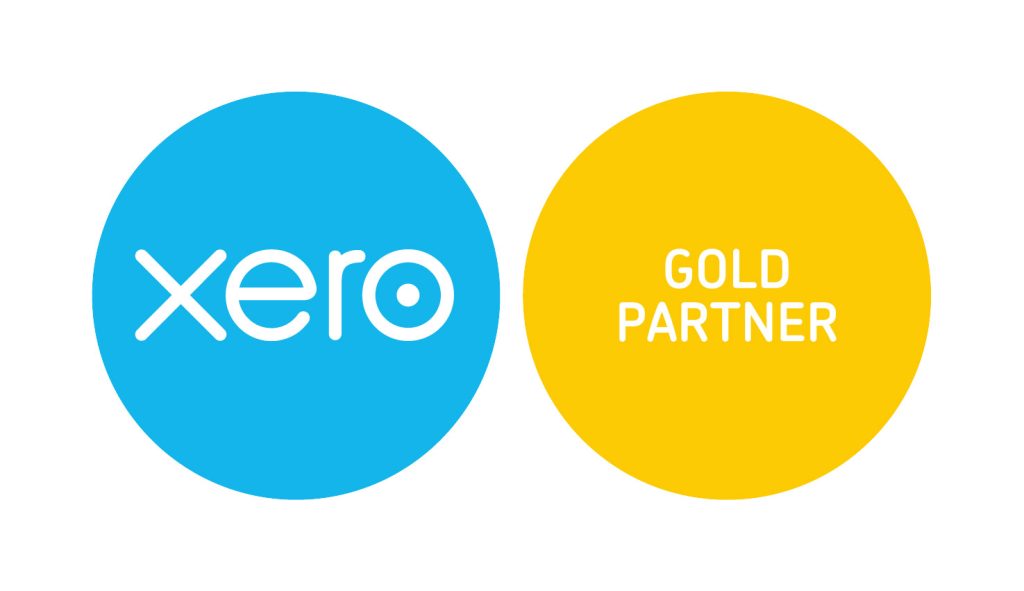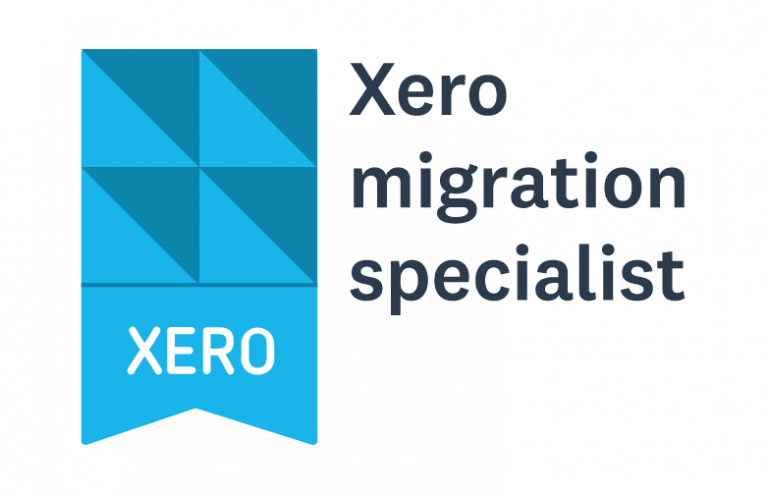Limited Company Accountants
Home » Chartered Accounting Services » Limited Company Accountant
Chartered Accountants for Limited Companies in Shropshire and the UK
Starting a new business or expanding an existing business in not an easy task, which is why we are here to work with business owners to gain an understanding of what they are looking to achieve and supporting them on their journey to success.
Our limited company accounting services
We provide a range of limited company accountancy services including:
- Payroll for limited companies
- Company formation
- Company secretarial
- Bookkeeping service
- Xero Cloud Accounting
- Corporation Tax
- Annual accounts
- VAT
- Management Accounts
- Business plans
- Cash flow forecasts
- Directors tax returns
Our specialist limited company accountants work with our clients to build a package of services around their individual needs.
Contact us today for a free initial consultation and quote. Complete our website contact form or call us on: 01952 462693
What is a limited company?
A limited company is a form of business that is a separate legal entity to its shareholders (owners) and directors (managers).
In effect it has a separate birth certificate to its owners. The term ‘limited’ comes from the fact that shareholders are only liable up to the amount of the share capital they have invested in the business, or any guarantees that they have entered into.
The directors (who are normally the shareholders in an SME) are responsible for the day to day running of the company on behalf of the shareholders.
Directors are required to submit yearly to companies house annual accounts and a confirmation statement. They are also required to submit annual accounts and a corporation tax return to HMRC.
Limited company accounts have to be prepared in accordance with the Companies Act and are often referred to as ‘statutory accounts’.
What records does a limited company need to keep?
Both company (statutory books) and accounting records must be kept. Company directors are required by law to maintain these records, and although they can use an accountant to write up and maintain these records, the overall responsibility lies with the directors .
The statutory books include details of directors, shareholders, share transactions, share certificates and charges, as well as minutes held by the directors.
Writing up and recording the statutory books is often referred to as secretarial services. Larger companies often have a company secretary that maintains the company records but smaller companies often use their accountant to carry out this essential task.
Accounting records that a business needs to maintain are records detailing all business transactions. These include:
- Goods and services brought and sold
- Money spent and received in the bank account
- Assets that the business owns such as computer equipment and vehicles
- Money that the business is owed such as outstanding sales invoices
- Money that the business owes such as business expenses not paid for loans and payroll and corporate taxes due
Businesses also need to keep a record of the stock the business has at the end of the financial year.
The process of writing up these records is often referred to as bookkeeping.
If the business is VAT registered, then under MTD (Making Tax Digital), HMRC requires businesses accounting records to be submitted digitally.
Normally this is through using online accounting software such as Xero (internal link here). This cloud based accounting software can also automate a lot of the bookkeeping function such as importing bank statements rather than having to manually input them, saving valuable time.
Types of limited company formations:
- Private limited by shares (LTD): Typically small and medium sized businesses with owners and directors being the same individuals.
- Private limited by guarantee (LTD): Suitable for non-for profit organisations like charities, clubs and associations.
- Limited liability partnership (LLP): Partnerships that are treated as a separate legal entity.
- Public limited company (PLC): These are normally large businesses that are owned by the public and run by company directors on the shareholders behalf. Shares can be purchased and sold on a registered stock exchange.
- Private unlimited company: A company where there is no restriction on the liability of the shareholders.
- Small limited company: This is typically a company limited by shares and made up of one individual. This means that the company director and shareholder are the same person.
Most small companies opt to form a private limited by shares company, with up to four directors and shareholders.
Contact Us
Client Reviews
Frequently Asked Limited Company Accounting Questions
Why choose Spotlight Accounting services for your limited company?
Quality service
At Spotlight we pride ourselves in the service that we deliver - we want to be a strategic part of your journey to success.
Allocated dedicated accountant
All our clients are allocated a dedicated accountant to their business, which enables us to have an in depth understanding of what you are trying to achieve, so that we can help provide solutions to any growing problems encountered along the way.
Small business experts
We have a wealth of expertise and experience working with small businesses, and whilst we are a small firm ourselves, we find that this works to our advantage. As each client has their own dedicated accountant this enables us to build strong and lasting relationships.
Plus, we also have a great track record for spotting financial opportunities that other transactional limited company accountants may not.
Online accounting services
Our online accountancy services ensures that you have up to date financial information at your fingertips, and as your dedicated accountants we base all our discussion on actual financials rather than guesstimates.
Working with online accounting software enables you to have full visibility over your company accounts. It will also help save you valuable time automating manual entries as well as office space that would otherwise be taken up storing all of your paperwork.
Tax and planning advice
Not only do we look after your tax affairs but we offer tax planning advice so that you know you are in safe hands using us as your accountant.
FREE consultations
We offer a free consultation too, so that you can ensure that we are a right fit for each other. And, if you are worried about the process of switching from your current accountant then we can take care of that for you too, making it as pain free as possible.









